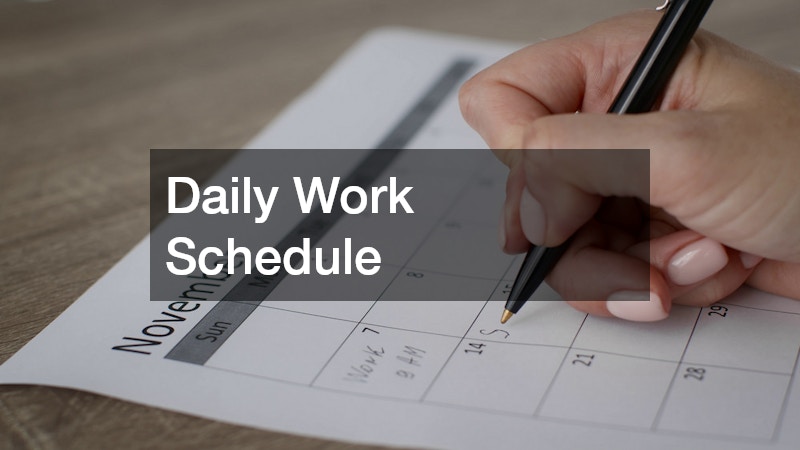When it comes to protecting your home, ensuring your roof is in prime condition is essential. Choosing the right roofing contractor can mean the difference between a successful project and a costly disaster. Being well-informed and asking the right questions minimizes risks and maximizes the benefits, ensuring peace of mind in your investment.
License Requirements
Licenses are a critical aspect of hiring a roofing contractor; they ensure that the contractor meets industry standards. Each state has specific licensing requirements, so it’s important to familiarize yourself with these regulations. A contractor operating without a proper license may perform substandard work, putting your home at risk.
Verify that the contractor’s license is up-to-date and valid for your specific location. This includes checking with relevant state or local licensing boards to make sure there are no outstanding complaints against them. By doing so, you ensure that the contractor adheres to the regulatory standards set by your state.
Types of Insurance
Insurance is equally important; it protects both you and the contractor from potential liabilities. The contractor should have general liability insurance to cover any damage to your property. Workers’ compensation insurance is also crucial as it protects you from being held liable if a worker is injured on your property.
Liability insurance ensures that you are covered for any accidents that might occur during the roofing process. Without it, you could be responsible for repairs or replacements in the event of damaging mishaps. Understanding these insurance types can help you safeguard your home and finances.
Verification Process
To verify a contractor’s license and insurance, start by asking for their license number and insurance certificate. Contact the relevant licensing boards and insurance carriers directly to confirm. It’s a simple step but vital in protecting yourself from unlicensed operators.
Checking these documents ensures credibility and trustworthiness from the contractor. Online platforms and government websites often provide resources for verifying the credentials of roofing professionals. Accessing these resources can give you peace of mind before proceeding with any commitments.
Estimated Start and Completion Dates
Clearly defined project timelines are crucial for proper planning and expectation management. Before hiring, discuss with your contractor the estimated start and completion dates. This helps you plan financially and logistically, ensuring minimal disruption to your daily life.
Having a timeline keeps the project on track and prevents unnecessary extensions. Contractors should be able to provide detailed schedules that outline each phase of the project. Delays can cost you both time and money, hence why having a roadmap is critical.
Daily Work Schedule
Understanding the contractor’s daily work schedule can prepare you for the duration of the project. Inquire about their daily start and finish times, as well as planned breaks and days off. Knowing this allows for better coordination and minimizes any disruption to your household routine.
Daily schedules also reflect the contractor’s dedication and efficiency. A contractor who maintains a consistent schedule is likely to complete the project in a timely manner. Moreover, it helps in
Handling Unexpected Delays
It’s essential to understand how your contractor plans to handle unexpected delays or interruptions. Weather conditions, shortages of materials, and unforeseen complications can cause delays. A good contractor should communicate these promptly and outline any impact on the project timeline.
Open communication is key in resolving such issues swiftly. Contractors should provide updates to keep you informed and involved in decision-making. Knowing their plan for tackling delays ensures transparency and builds trust.
Types of Warranties
When hiring a roofing contractor, understanding the warranties they offer is critical. Contractors typically provide two main types of warranties: material and workmanship warranties. Material warranties cover the products used, while workmanship warranties ensure the quality of the installation process.
Material warranties usually come from the manufacturers and vary in coverage. Some cover defects in the roofing material, while others cover failures due to installation errors. Knowing what is included helps in making informed choices regarding your roofing project.
Duration and Coverage
The duration and coverage of warranties vary, making it important to clarify these details beforehand. Materials may have warranties ranging from 10 to 50 years, depending on their quality and manufacturer. Workmanship warranties, however, are usually shorter, often ranging from 1 to 10 years.
Understanding the duration and what each warranty covers ensures you are adequately protected for the long term. Discuss what circumstances might void a warranty to avoid unexpected expenses. The longer and more comprehensive the warranty, the more peace of mind you can have.
Post-Project Support
Post-project support is an additional service some contractors provide, ensuring your satisfaction long after the work is done. This support might include regular maintenance checks, emergency repair services, or consultation availability. Discuss any post-project services during your initial meetings to understand the extent of support offered.
Choosing the right roofing contractor requires due diligence and informed decision-making. By asking the key questions outlined, you can ensure a smoother project with fewer unexpected issues. Remember, the right research today will protect your home and finances for years to come.





